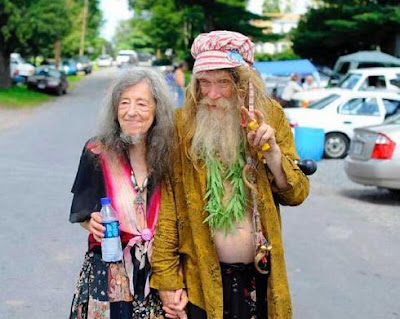Aging as an Extreme Sport: Inventing Life Tomorrow

Dr. Joseph Coughlin, founder and director of MIT’s AgeLab, spoke last month at TEDx Boston about impressive advancements in longevity. 100 years ago, the average lifespan was 47, but according to Reuters, “half of babies born in rich world will live to 100.” The challenge we’ve got now is reinventing the future to address the question of what will we be doing with those additional years. Will we be frail and in need of constant care, or will we be vibrant contributors to the workforce and society?
The question demands changes in technologies, our personal lives, our homes, public policy, and in business. That’s because baby boomers, which are turning age 65 one in every 7-8 seconds, have much higher expectations than their parents of technology, government, and employers.
Boomers would rather not feel or be labeled “old,” even though aging has become an extreme sport. Reaching up for things on store shelves and in kitchen cabinets has become more difficult, and so has reaching under cabinets. The prescription medicine bottles or cereal boxes have now become obstacles. And so has transportation for those who can no longer drive, because 70% of them live where there’s no public transportation or where there’s a very long walk to get there.
|
|
|
For those who can still drive, MIT and manufacturers are researching how to design cars that are easier for older people to operate safely. Part of this is to watch and monitor drivers to see when they’re over stressed or fatigued.
Some of the many things that can be done in homes to improve aging include changing the air quality, lighting, and sounds, but young won’t buy products designed for old people, and neither will the old people themselves. That’s why we support Universal Design initiatives that serve all ages and ability.
Related articles on Modern Health Talk include:
- Technology and Collaboration for Quality Aging (3/17/2011) is an excerpt from an original essay by Joseph Coughlin, Director of MIT’s AgeLab.
- What’s it like to be Old? (3/25/2011) includes a 7-minute video from NBC’s Today Show featuring MIT’s AgeLab and AGNES
- MIT’s AGNES, the Aging Suit (7/27/2011) includes a video of Paro, an animatronic ‘therapeutic’ robot baby seal from Japan



“Pregnancy suit, meet age suit” see related article at http://blogs.discovermagazine.com/discoblog/2012/01/03/the-suit-that-makes-you-feel-75-years-old/
AGNES Suit Adds Fifty Years To Your Age (VIDEO) — Huffington Post article at http://www.huffingtonpost.com/2012/03/05/agnes-suit_n_1322729.html